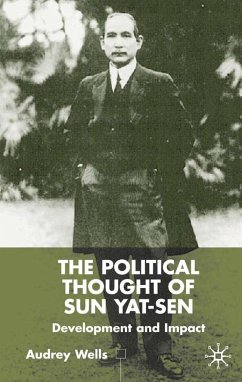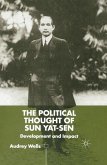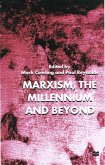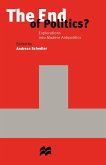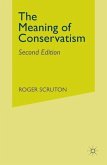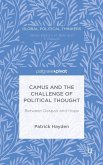The significance of Sun Yat-sen's political thought has rarely been appreciated though he is hailed as the Father of Modern China. This is the first extended treatment of the subject, which will be invaluable to sinologists and historians of political thought. Dr Wells first traces the development of Sun's revolutionary ideas from the nineteenth to the twentieth century. She then considers the impact of Sun's political thought on Chinese revolutionary leaders and on Third World countries, arguing that it has been considerable. This subject has never before been so widely explored.
'In this well-crafted study, Audrey Wells restores [Sun's] reputation, demonstrating the importance and influence of his political thought.' - Robert Benewick, The Times Higher Educational Supplement
'[an] informative, lucid history of Sun Yat-sen's career, his thinking, and his influence on China as well as on various leaders of developing nations of the last century.' - Ramon H. Myers, The China Quarterly
'In this well-crafted study, Audrey Wells restores [Sun Yat-sen's] reputation, demonstrating the importance and influence of his political thought... Well's deft analysis demonstrates how Sun's project reveals 'the problems of grafting a new flexible political system on to a previous oppressive old one'. At the same time, there is a vision of an alternative to authoritarian regimes and liberal democracies that may have relevance for the developing world.' - Robert Benewick, Department of Politics, University of Sussex
'[an] informative, lucid history of Sun Yat-sen's career, his thinking, and his influence on China as well as on various leaders of developing nations of the last century.' - Ramon H. Myers, The China Quarterly
'In this well-crafted study, Audrey Wells restores [Sun Yat-sen's] reputation, demonstrating the importance and influence of his political thought... Well's deft analysis demonstrates how Sun's project reveals 'the problems of grafting a new flexible political system on to a previous oppressive old one'. At the same time, there is a vision of an alternative to authoritarian regimes and liberal democracies that may have relevance for the developing world.' - Robert Benewick, Department of Politics, University of Sussex

